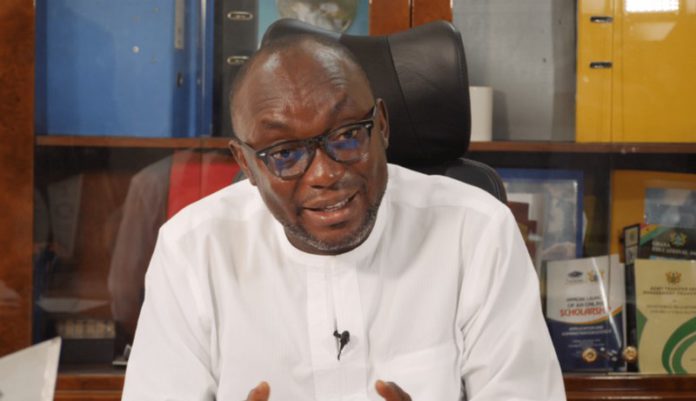Ghana’s low insurance penetration is crippling the industry’s ability to pay claims promptly and build public trust, according to Abuakwa South MP, Dr. Kingsley Agyemang.
Speaking on Adom TV’s Evening News, Dr. Agyemang stressed that the problem is simple: too few people are buying policies.
“Insurance thrives on the principle of large numbers,” he explained.
“When many people contribute, the pool can easily pay the few who make claims. But when participation is low, even routine claims become a burden.”
He likened the situation to tossing a coin: with thousands of flips, the results balance out, but with just a handful, the outcome is unpredictable.
“Insurance works the same way—the larger the pool, the steadier the payouts,” he noted.
Dr. Agyemang warned that low patronage makes it difficult for insurers to build stable portfolios, forcing cautious underwriting and, at times, higher premiums.
This, he said, risks creating a cycle of mistrust where fewer people buy cover and claims take longer to settle.
He identified public education as the sector’s most urgent need, urging insurers and the media to simplify insurance concepts and explain them in local languages.
“The consumer is not consuming—and that is the gap,” he said. “Beyond adverts, we need relatable explainers that show how to buy, claim, and benefit from cover.”
Dr. Agyemang also stressed the importance of prompt, transparent claims handling to rebuild confidence.
“Nothing restores trust faster than paying claims on time and keeping clients informed,” he said.
He recommended portfolio diversification—spreading risk across life, health, motor, property, agriculture, and micro-insurance—to make premiums more affordable and payouts more reliable.
Everyday transactions, such as ride-hailing or market purchases, could also embed micro-insurance and normalize participation.
Simplifying policy documents, offering no-claims bonuses, and rewarding loyal clients, he added, would make insurance feel less like a sunk cost and more like a value-driven service.
While acknowledging that Ghana’s insurance industry is stronger than it was two decades ago, Dr. Agyemang said growth has not kept pace with rising risks from urbanization and climate change.
“The progress is clear, but it doesn’t match today’s demands,” he concluded.
“Insurance is a numbers game. Until more Ghanaians buy cover, the system will continue to struggle.”


